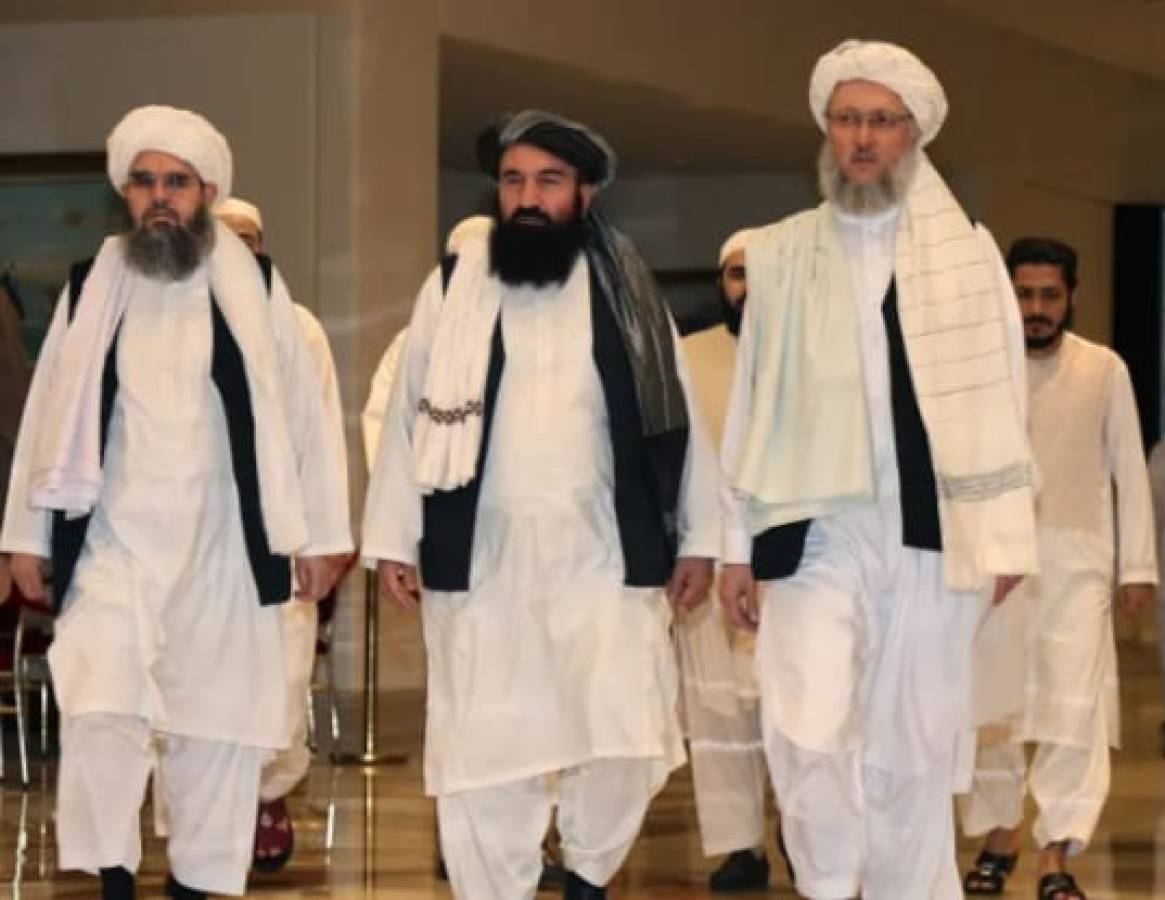
The recent visit of Afghanistan’s foreign minister, Amir Khan Muttaqi, to India has revived a global debate over how the world should view the Taliban regime. Since the Taliban’s return to power in 2021 after the withdrawal of American forces, questions about its legitimacy under international law have continued to divide opinions. The central concern is whether nations should formally recognize the Taliban government, which gained control through force rather than democratic consent.
India, like most countries, has not recognized the Taliban regime. Though it has reopened its embassy in Kabul to maintain limited diplomatic contact, formal recognition has not been extended. Barring Russia, no major country has granted the Taliban legal recognition. Scholars of international law suggest that India and the rest of the world must evaluate the matter through legal principles, not political convenience.
Recognition of a government is different from recognizing a state. Once a country is acknowledged as a state, that status remains even if its government changes. However, recognizing a government becomes complicated when power shifts through violence or unconstitutional means. International law uses what is known as the “principle of effectiveness” to assess a government’s legitimacy. This principle holds that if a regime exercises full control over a state’s territory, population, and institutions, it can be considered the legitimate authority.
By this measure, the Taliban appears to meet the test of effectiveness, as it controls Afghanistan’s territory and administrative systems. Yet, effectiveness alone does not ensure legitimacy. International law and morality demand more than control; they require governance that respects human rights, equality, and the rule of law.
Governments that come to power through violations of certain universal norms cannot be recognized. These fundamental principles are called jus cogens — the highest norms of international law from which no deviation is permitted. One of these is the right to self-determination, which ensures that people have the freedom to choose their political future. The International Court of Justice (ICJ), while ruling on the legality of Israel’s occupation of Palestinian territories, held that any government formed in violation of self-determination breaches jus cogens norms and therefore lacks legitimacy.
Applying this principle to Afghanistan, many legal experts argue that the Taliban cannot claim to represent the Afghan people. It captured power through military force, not through an electoral or consensual process. Furthermore, its governance has been marked by grave human rights violations, particularly against women and minorities. This disqualifies it from international recognition based on jus cogens standards.
Even if the Taliban were to escape this legal test, there remains another strong objection. Recognition implies that a government legitimately represents its citizens and governs responsibly. The Taliban’s record tells a different story. Its systemic discrimination against women — denying education, restricting employment, and imposing harsh punishments — has been described by many scholars as a form of gender apartheid. Such conduct violates the foundational principles of human dignity and equality that the global community upholds.
India, like other nations, faces a difficult choice. On one hand, it must engage with the Taliban since it holds power in Afghanistan. On the other, recognizing it formally would contradict India’s long-standing commitment to democracy and human rights. Diplomatic engagement and formal recognition are not the same. India can continue limited contact for humanitarian and security reasons without endorsing the Taliban as a legitimate government.
The global response reflects a similar caution. Western nations, including the United States and those in Europe, have refrained from recognition, choosing instead to channel aid through international agencies. Their approach underscores the view that legitimacy cannot be separated from respect for international law and basic freedoms.
In conclusion, while the Taliban may hold control, power alone does not grant legitimacy. International law demands both authority and adherence to universal moral and legal norms. The Taliban’s suppression of rights and disregard for democratic principles make recognition unjustifiable. Nations may engage with Afghanistan for practical reasons, but extending formal recognition would mean endorsing a regime that stands against the very values the international community seeks to protect.





















